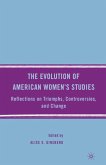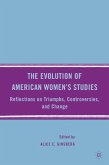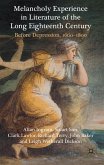The Culture of the Gift in Eighteenth-Century England analyzes the long overlooked role of gift exchange in literary texts and cultural documents and provides innovative readings of how gift transactions shaped the institutions and practices that gave this era its distinctive identity.
"An exceptionally rich collection, unusually well focused and well organized. Its title belies the breadth of the issues under examination, for the gift ultimately subsumes issues as diverse as poverty, charity, benevolence, sensibility, conduct, poor relief, and the emergence of the welfare state. Because such issues are usually owned by nineteenth-century studies (from the early labor history of the Hammonds up to Gertrude Himmelfarb), it is refreshing to see them pushed back into the eighteenth century. The essays draw on the rich tradition of theorists of the gift, from Mauss, Irigaray, Bourdieu, Cixous, Hyde, Derrida, and Bataille, but in conjunction with an attention to historical detail. What is finally at stake here is our central modernization narrative, the one that presumes an inevitable conflict between subordination and commercialization, when the interlocking chains of deference and obligation (Harold Perkin) are eroded by the morality of improvement (Raymond Williams). This collection will be of interest to anyone studying eighteenth-century culture." - James Thompson, Professor of English, University of North Carolina at Chapel Hill








